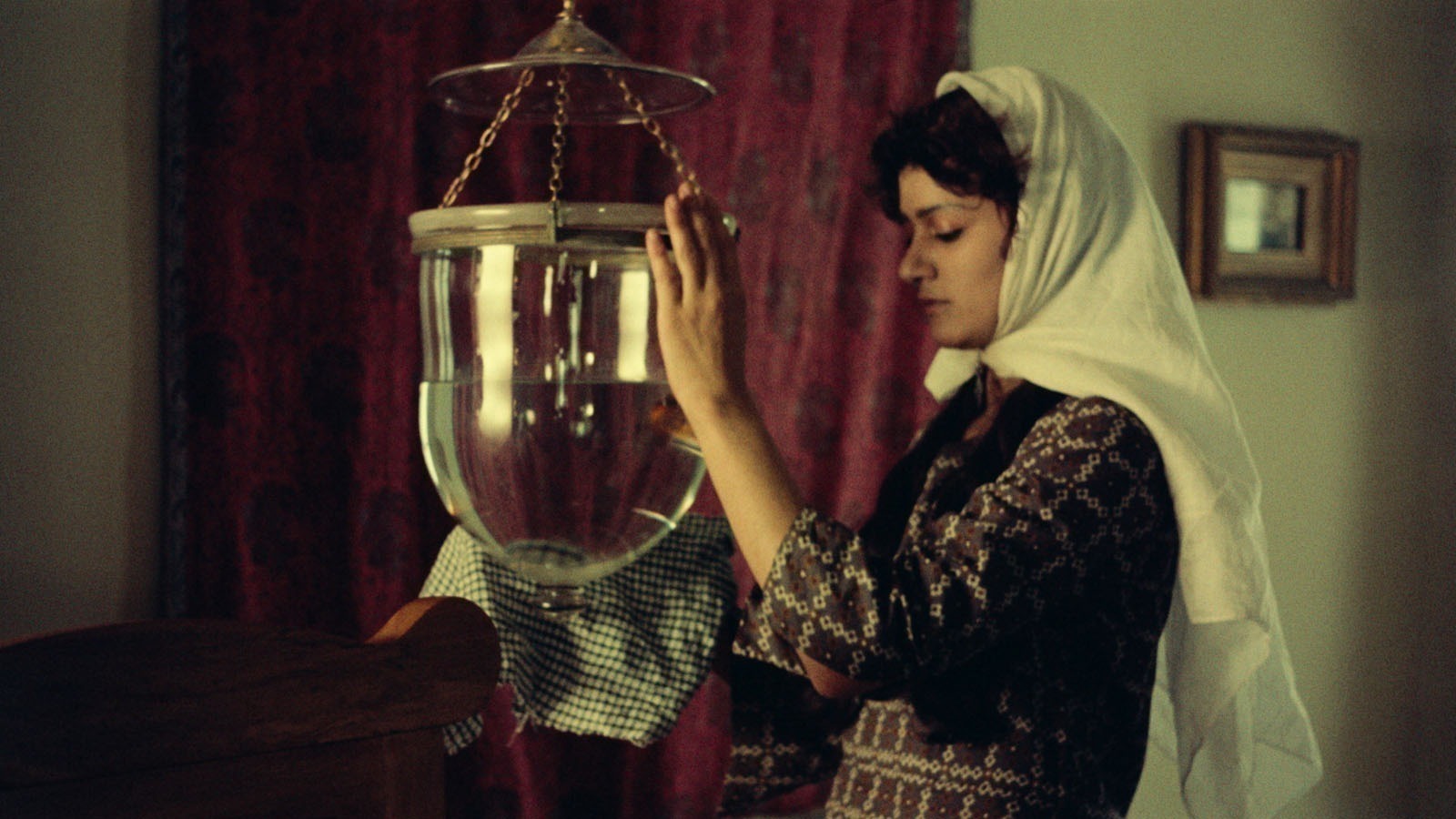Scary Stories

W
hat a terrific week it’s been for magazines—in print, to have and to hold. MUBI subscribers can now preorder the first issue of Notebook, 132 pages of what looks to be very smartly laid out images and text on film magazines of the past, MoMA’s landmark 1960 exhibition of movie posters, and conversations with Mike Leigh, Wes Anderson, and more. Little Joe, the magazine of “cinema, sexuality and gender, and queer history” launched in 2010, returns with a new issue featuring Tobi Haslett and Ed Halter on the work of pioneering Black experimental filmmaker Edward Owens, and again, much more. Also coming in mid-November is Inque, an annual literary magazine not directly related to cinema but nonetheless definitely one to keep an eye on since it’s being created by publisher and editor Dan Crowe and art director Matt Willey.
- Caligari’s robust third issue features editor Jonathan Thomas’s amazing interview with cinematographer Anthony Richmond, who has stories to tell about working with Jean-Luc Godard, François Truffaut, Nicolas Roeg, David Lean, and Bernard Rose, who was “crazy as a loon.” Filmmaker Jennifer Reeder presents an annotated list of twenty “twisted tales about wicked women.” Masha Tupitsyn introduces her “ongoing durational series” DECADES and gives us a ninety-minute excerpt focusing on technology and body horror in the 1980s. Armando Hernández writes about obscure Mexican horror movies from the late twentieth century. There’s also a prose poem, a recipe, a Halloween playlist, and Thomas’s conversation with Dodie Bellamy about her newly republished 1998 novel The Letters of Mina Harker.
- On Monday, Michael Koresky opened A Few Great Pumpkins, Reverse Shot’s sixteenth annual Halloween special. “The most frightful supernatural horror stories are frequently morality tales, of anguished states, of ghostly retribution, of intrusions unwanted yet spiritually invited,” he writes. In Nobuo Nakagawa’s Tokaido Yotsuya kaidan (1959), Oiwa (Katsuko Wagasuki) is murdered by her husband, Iemon (Shigeru Amachi), and returns as a vengeful spirit. “Oiwa is hardly a prim and proper ghost with a message to deliver: she’s a nightmarish, unsettled form, bloodied, haggard, and single-minded, no longer a person but a manifestation of her rage and Iemon’s guilt, unrecognizable from her former self. Nevertheless, in the masterfully wretched universe spawned by Nobuo Nakagawa, she makes for rather great company.” More Pumpkins: Kelli Weston on Ray Marsh’s Lord Shango (1975); Adam Nayman on James Wan’s Malignant (2021); and Greg Cwik on Tod Browning’s Dracula (1931), which screens tomorrow as part of the Museum of the Moving Image series Gods and Monsters: Universal Horror’s 90th Anniversary.
- Tehran, 1915. The heirs of a recently deceased matriarch are at each other’s throats in a candlelit mansion. In the New York Times, Glenn Kenny calls Mohammad Reza Aslani’s Chess of the Wind (1976) “a fevered melodrama conveyed in a poetically measured style.” Aslani “pulls story threads together with an elegant moving camera that doesn’t immediately give up all the secrets a scene may contain.” The film screened just once in Iran, was panned, then banned after the Islamic Revolution of 1979, and, for decades, was presumed lost. Aslani’s son discovered a copy in an antique shop in 2014. The new 4K restoration opens today at Film Forum in New York before heading out across the country. Aslani tells Mitchell Beaupre at the Film Stage that five more of his films remain lost. “But it’s not just my films that they wanted me to lose,” he says. “They want me to be lost as well.”
- In Simon Kinberg and David Weil’s Invasion, which premiered last Friday on Apple TV+, aliens are met by a white sheriff, a Black soldier, a Japanese aerospace engineer, a British schoolboy, and a Syrian family. The series presents “a toothless, paint-by-number multiculturalism of the sort you see on college brochures,” finds Tyler Austin Harper. But to its credit, argues Harper at Slate, it does present “a world in which the arrival of space invaders does not magically fix race or class divides by uniting the human race against a common enemy, a trope that has now been a staple of science fiction for more than a century.” See, for example, every version of War of the Worlds, Roland Emmerich’s Independence Day (1996), or Chris McKay’s The Tomorrow War (2021). The way Harper sees it, given the global response to the pandemic and the climate crisis, “it has become increasingly apparent that these plots must be updated for the twenty-first century.”
- Starting Monday, we’ll be celebrating Noirvember on the Criterion Channel with a program of dusky Twentieth Century-Fox movies and a tribute to Robert Mitchum, “the greatest Hollywood actor to ever pretend not to give a shit about acting,” as Fernando F. Croce puts it at Slant. “Indolence rested so voluptuously in his eyes that it could easily be mistaken for indifference, the knowing inertia of a hipster who somehow was left out of the Rat Pack.” Croce’s “favorite Mitchum performance is in Nicholas Ray’s 1952 film The Lusty Men, where, as a rodeo star named Jeff McCloud who achingly searches for stability after years of hell-raising, the actor beautifully reveals hints of the loneliness that may come with a hepcat freedom which, given Ray’s gift for burrowing into his performers, could be his own.”



